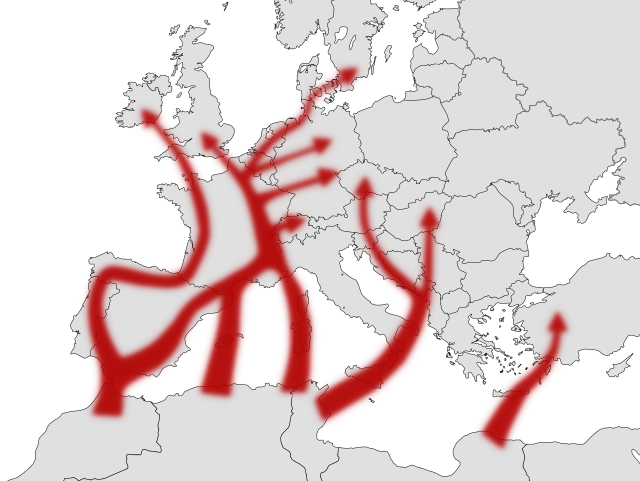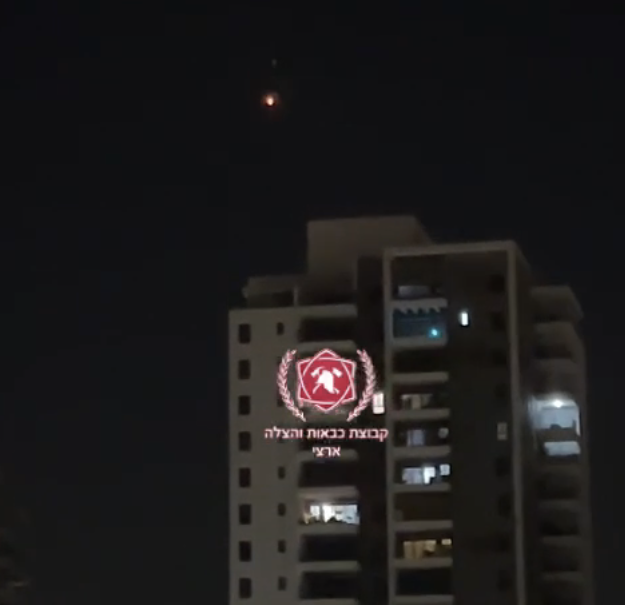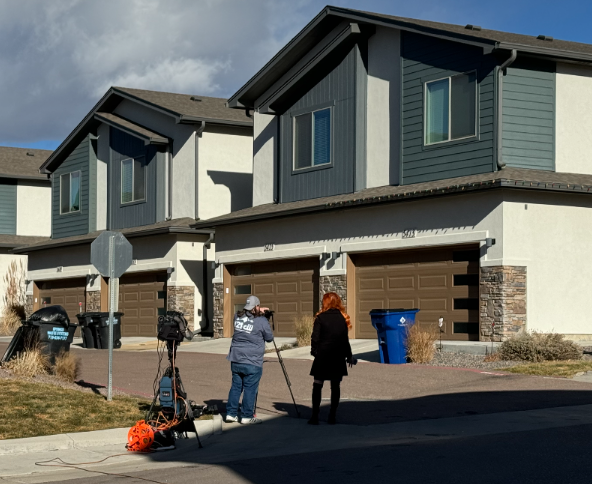
Please Follow us on Gab, Minds, Telegram, Rumble, GETTR, Truth Social, X
The European Union’s Pact on Migration and Asylum is one of those documents that might make sense in theory.
The document, based on the Geneva Convention on Refugees, from 1951, is full of lofty language. It calls access to safe asylum in Europe “a fundamental right” and says that countries should “welcome asylum seekers in a dignified manner” and ensure new arrivals receive “decent conditions throughout the EU.” The quick processing of claims is guaranteed, and the agreement promises qualified asylum seekers rights to employment, medical care, and education for minors.
In practice? That’s another story.
The Syrian Civil War, nearly a decade ago, was a turning point. The tragic image of the body of a three-year-old Syrian boy who died trying to reach Greece, washing up on the shores of Turkey, cast a bright spotlight on the migrant issue in 2015. According to the United Nations, more than a million refugees arrived in Europe via the precarious Mediterranean route that year, more than in the busiest four years since then -- combined.
But rather than European countries welcoming those fleeing the war in a “dignified manner,” as the migration and asylum pact requires, it sparked a wave of anti-migrant protests and violence and discord between European Union member states. Governments built walls along five national borders within the EU -- legally, the rough equivalent of walls between U.S. states -- and it sparked a surge among populist, anti-migrant political movements in multiple countries that continues to this day.
Fueled largely by anti-immigrant sentiment, European right-wing and populist political parties made big gains in elections this year and by most accounts are poised to continue to gain strength.
Things appeared to change after the war in Syria. More than 6 million Ukrainian refugees have settled in Europe since the start of the war in that country 30 months ago without major issue. But as the number of refugees rises in the wake of conflicts in Africa and related to Israel’s clashes with Iran-backed forces, opposition to the growing number of refugees is again on the rise, opening the door to charges that Europe’s willingness to welcome to would-be asylum seekers may be based more on race and religion than on the terms outlined in the migration and asylum document.
‘NO AD’ subscription for CDM! Sign up here and support real investigative journalism and help save the republic!‘
The latest battles are taking place in Spain, Greece, and Italy -- not surprisingly, the three countries where most of the mass migration to Europe lands.
In Spain, the anti-migrant Vox party, now starting its second decade, is more powerful than ever before, putting Spain at what one publication called the “center of the global far right,” while in Greece, elections last year created the most right-wing parliament since the end of the country’s military dictatorship in the 1970s.
But Italy is the country most in Europe’s migration spotlight. There, Prime Minister Giorgia Meloni put herself at the center of the storm with a controversial plan that would have seen Italy process up to 30,000 migrants a year in Albania. The plan earned kudos from opponents of mass migration, but was ultimately undone by judges who said in part that it was illegal under the terms of the EU’s migration and asylum rulebook. For her part, Meloni appears undeterred, continuing to speak out on the topic as Europe watchers await her next move.
























